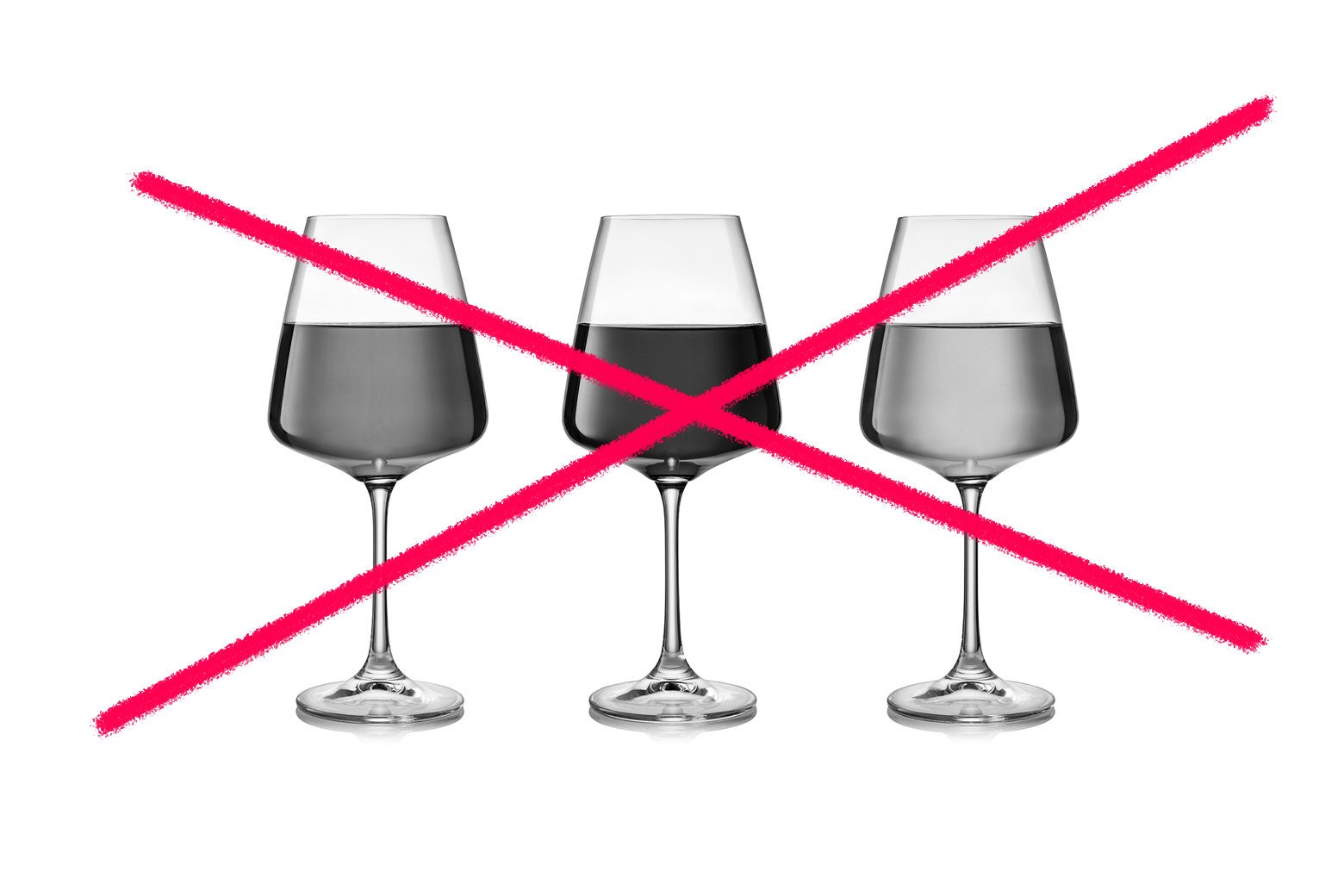
"You're making an assumption about your wife's position on alcohol that might not be accurate. Is it really that she thinks a bottle of wine in the house means one of you will end up addicted? Or could it be that the sight of someone drinking, or even the smell of alcohol, brings up upsetting memories for her? Is it possible that it takes a lot for her to resist drinking, and she doesn't want to have to use that willpower at home?"
"It's worth talking to her-not to "get her to understand" but to learn more about what's at the core of her opposition to having any alcohol in the house. Depending on what she shares with you, you might be able to reassure her, encourage her to lean on a therapist to learn some tools for dealing with her feelings about alcohol, or propose a compromise."
A wife with family members who drank insists on no alcohol in the home despite not drinking herself. Her partner previously enjoyed occasional wine and worries a bottle at home won't cause addiction. Assumptions about her reasons may be incorrect; visual cues, smells, or memories could trigger distress or require significant willpower to resist. Open conversation should aim to uncover the core reasons for the restriction. Possible responses include reassurance, psychotherapy to build coping tools, and practical compromises such as drinking when she is absent, after she sleeps, or disposing of leftovers same day.
Read at Slate Magazine
Unable to calculate read time
Collection
[
|
...
]